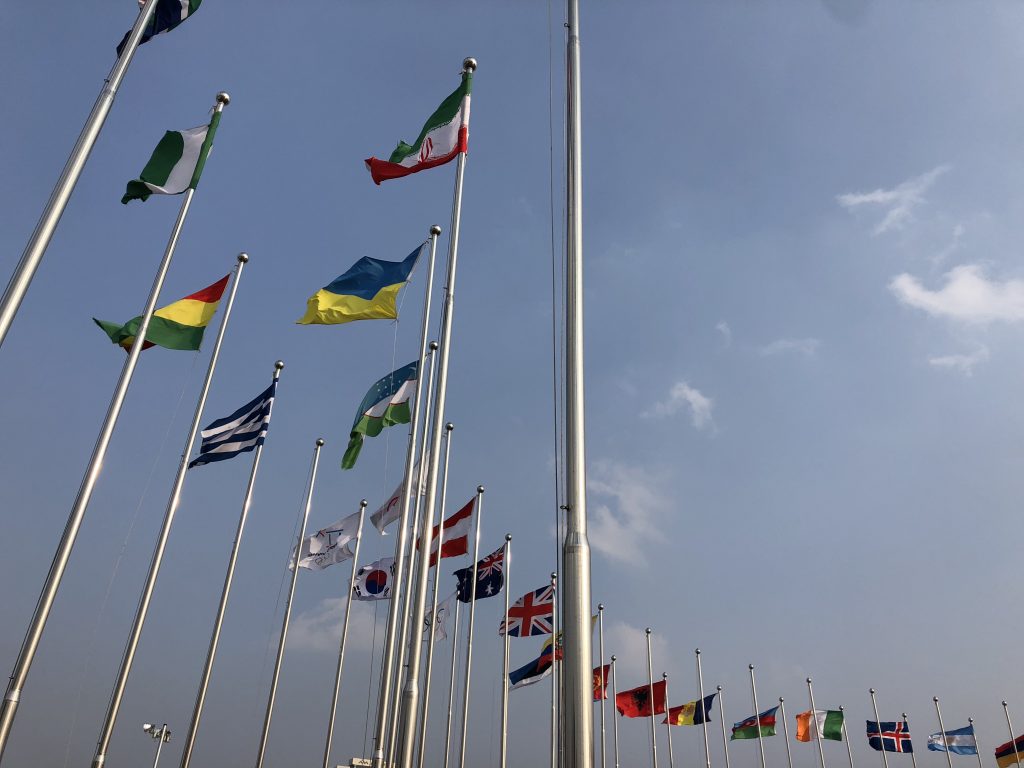On Aug. 8, 2008, PyeongChang was announced as the host city for the 2018 Olympic Winter Games. After two unsuccessful bids for the 2010 and 2014 Olympics, PyeongChang was finally selected in the 123rd session of the International Olympic Committee (IOC). Under the idea of ‘New Horizons,’ the PyeongChang bid committee appealed to the IOC’s interests of spreading the Olympic Winter Games and expanding its popularity to newer regions.
“The IOC’ most pressing need at the time was how to remain relevant to the younger generation,” said Theresa Seungyun Rah, Communication Director of the Pyeonchang Olympic Bid Committee. “We formulated our main message around that point. We said that if you go to France or Germany, which were our competitors, the Olympics would not see new potential or new growth, but if you come to Korea, which has never hosted the Winter Games, the Olympic Games would see new growth, interest, fans, and athletes. This was the idea of opening ‘New Horizons.’”
In the third Olympic bid, the PyeongChang bid committee took a new direction by appealing to the IOC’s goals of spreading the Olympics. Instead of focusing too heavily on displaying itself as a winter sport powerhouse, South Korea aimed to show that it could extend the popularity of the Winter Games. Based on this idea, the PyeongChang bid committee mainly appealed in two areas: Asia had very little Olympic Winter Games and South Korea’s initiative Dream Program brought winter games to youth of other countries.
“The New Horizons, why they should come to PyeongChang, about opening up winter games and Olympics to new fans and markets was the most compelling reason for them to choose us,” Ms. Rah said. “South Korea had never hosted the Winter Games, and Asia had only two Winter Games before Pyeongchang.”
The bid committee initiated the Dream Program in 2004 to portray Korea’s active engagement in spreading the winter games. The annual program was designed to introduce winter sports to young people from countries where winter sports are not available. Over the years, more than 1,500 youths from 75 countries were given the opportunity to train in skiing and ice sports. The program testified the committee’s persistence because the committee kept the program despite losing in the first two bids. The committee not only spread winter sports within Korea but also in other countries.
“I would say being involved in the bid and meeting the athletes has been such a learning experience for me,” said Ms. Rah “I learned that athletes teach us the rewards of patience and persistence, the two words that we mentioned in our presentation. They know that patience and persistence really do yield results. We see them as successful winners, but to get to that point, they fell many times, failed many times. Yet, athletes know that it is part of the game, so that is why they get up again and again.”

